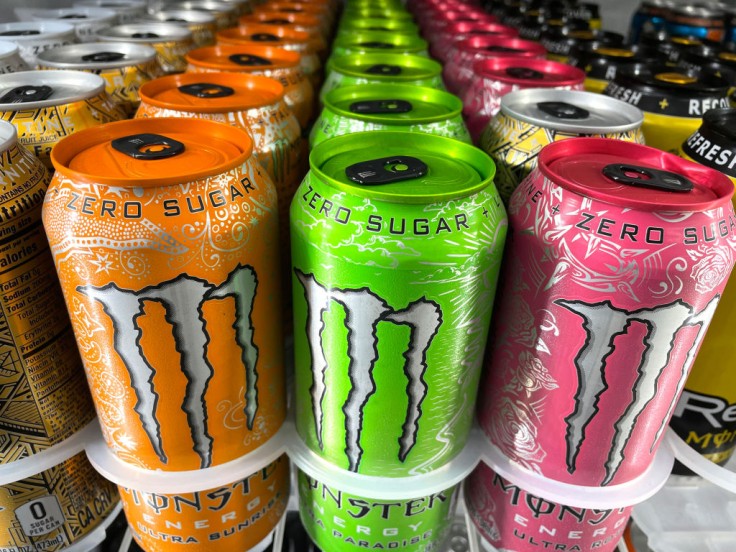
Poison centers across the United States have seen calls about children consuming energy drinks skyrocket to 20% last year, according to data.
Calls concerning consumption of energy drinks among children rose to 2,834 cases last year from 2,323 cases in 2022, according to ABC News, citing data from America's Poison Centers. Additionally, the rate of cases of children ingesting energy drinks almost doubled among kids ages six to 12.
Just under half of these cases (48%) were of children who unintentionally chugged energy drinks.
What Happens to Children Who Consume Energy Drinks?
Energy drinks contain high levels of caffeine. These drinks are marketed to provide a mental and physical energy boost to those who consume the product. Often, energy drinks are taken by students, athletes, and individuals with demanding lifestyles.
While energy drinks can provide a temporary energy boost, they can also have adverse effects on the body, especially when consumed by children. The effects vary depending on how much is consumed.
READ ALSO : Weight Loss Medicine for Younger Children Ages 6 to 12 With Obesity Shows Promising Results in Trial
For starters, energy drinks can cause anxiety, jitteriness, sleep disturbances, and dehydration in children. It can also cause dental problems and nutrient imbalance later on.
However, consuming large amounts of energy drinks can cause more serious problems, including:
Heart palpitations
Arrhythmias
Increased blood pressure
Seizures
Cardiac arrest
Adults who consume too much caffeine or energy drinks can also display the same symptoms.
How Much Caffeine Can Children Consume?
Children, especially those under four, are recommended against consuming any caffeine. Children ages 13 and older can only have less than 400 mg of caffeine per day, per recommendations from medical organizations.
For perspective, one Monster energy drink contains 160 mg of caffeine. Bang energy drinks have 300 mg each. In comparison, a cup of coffee has about 95 mg of caffeine.
If a child has consumed an energy drink and exhibits any symptoms stated above, it is recommended to bring them immediately to a health care professional.
If your child has consumed something they should not have, or if there are any concerns about potential poisoning, you can contact a poison center at 1-800-222-1222 or visit PoisonHelp.org.